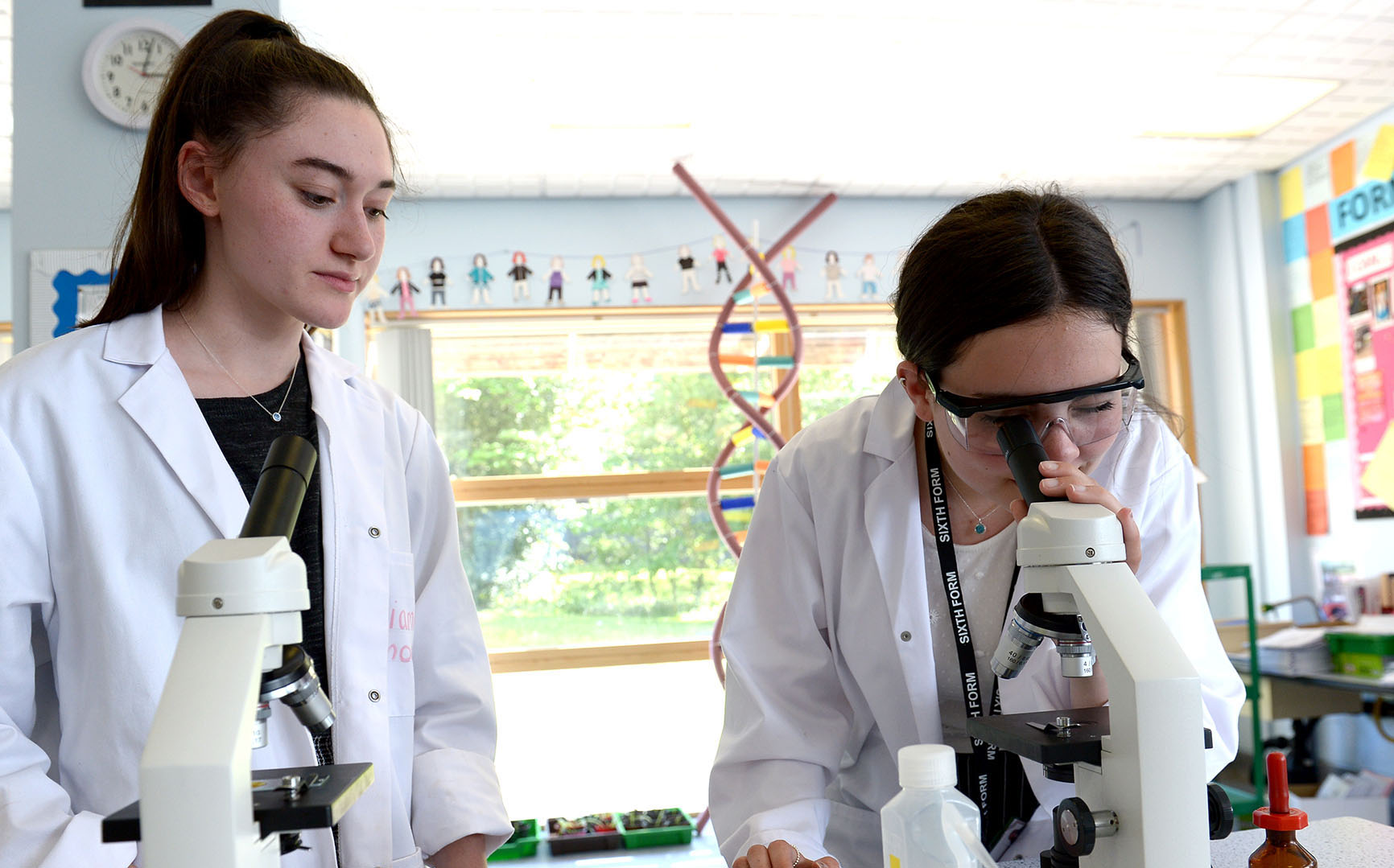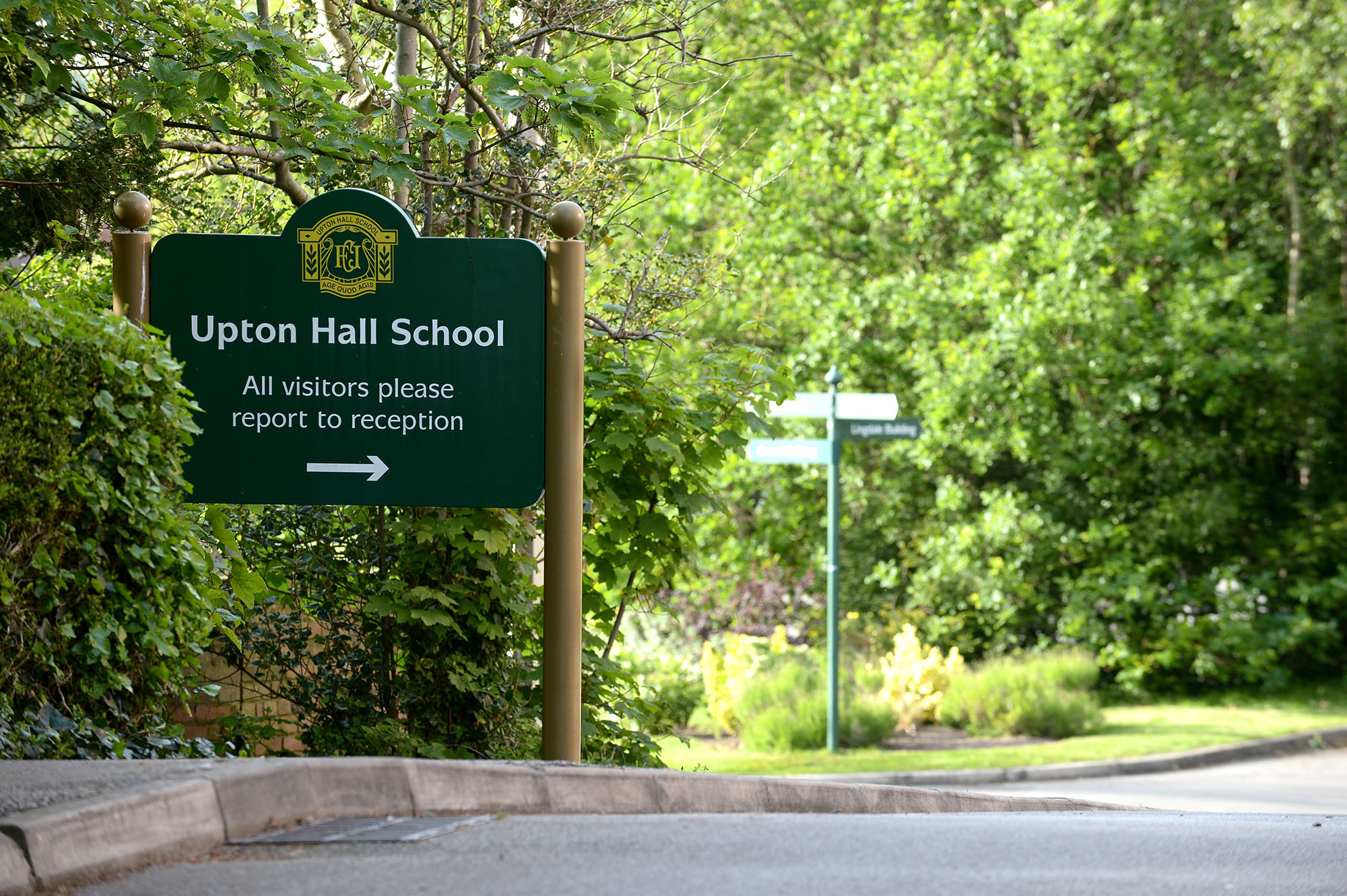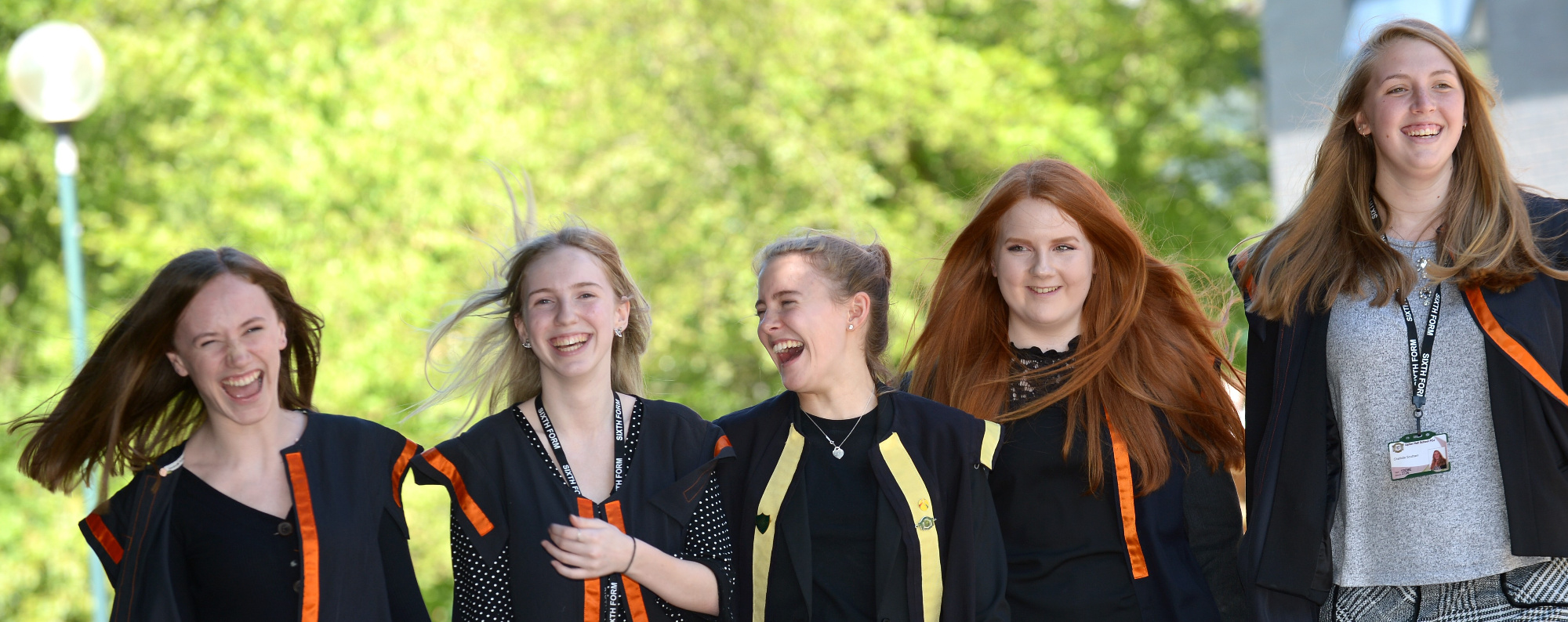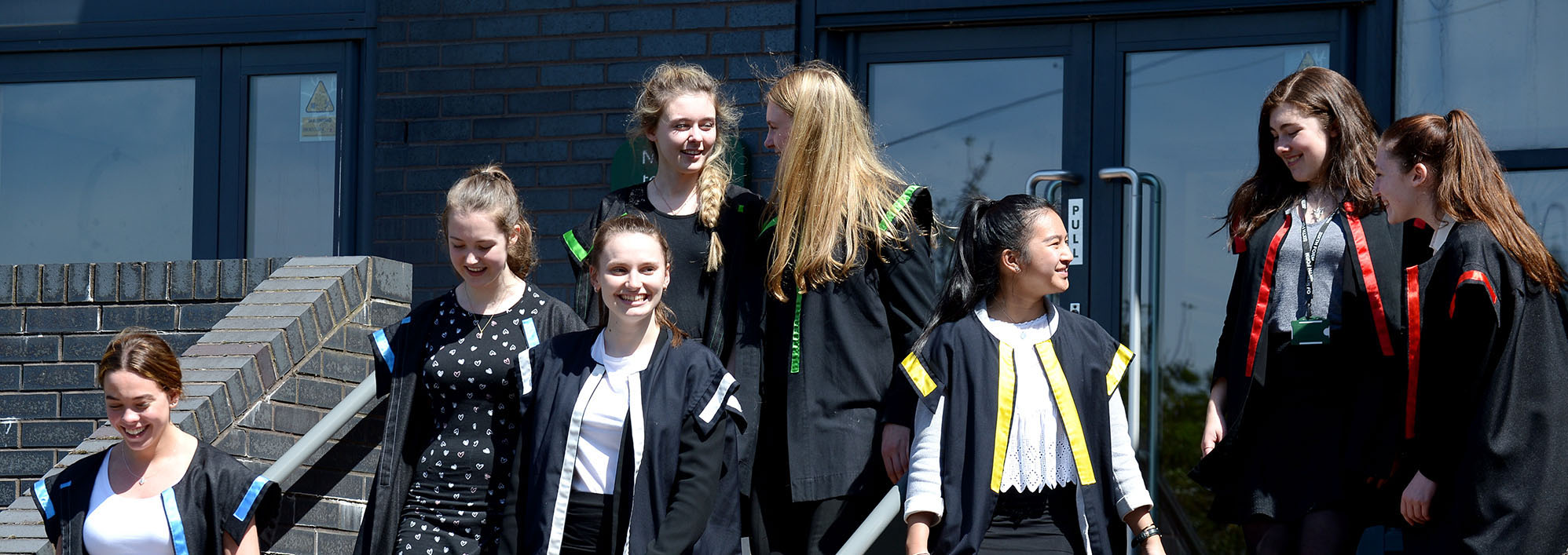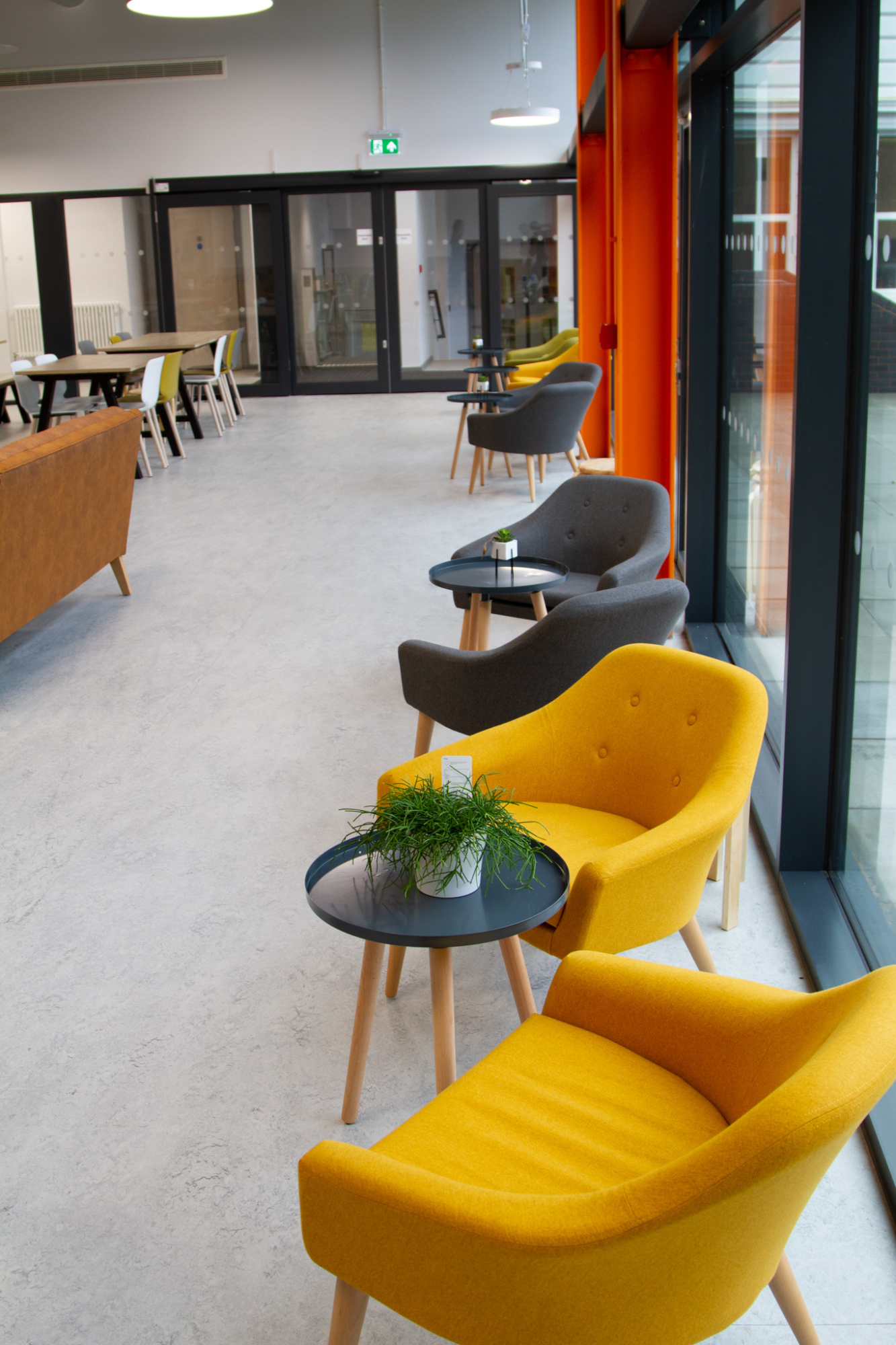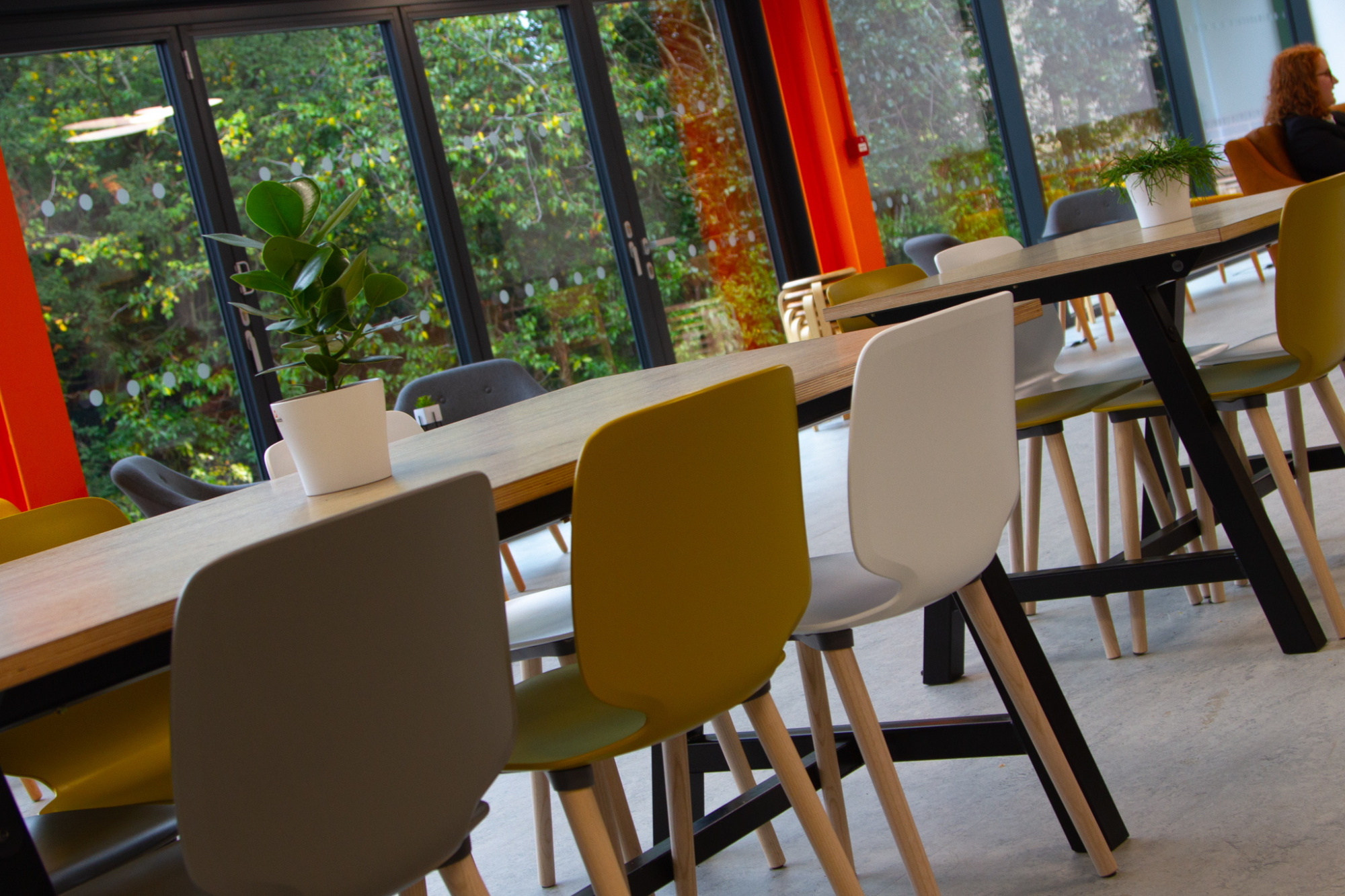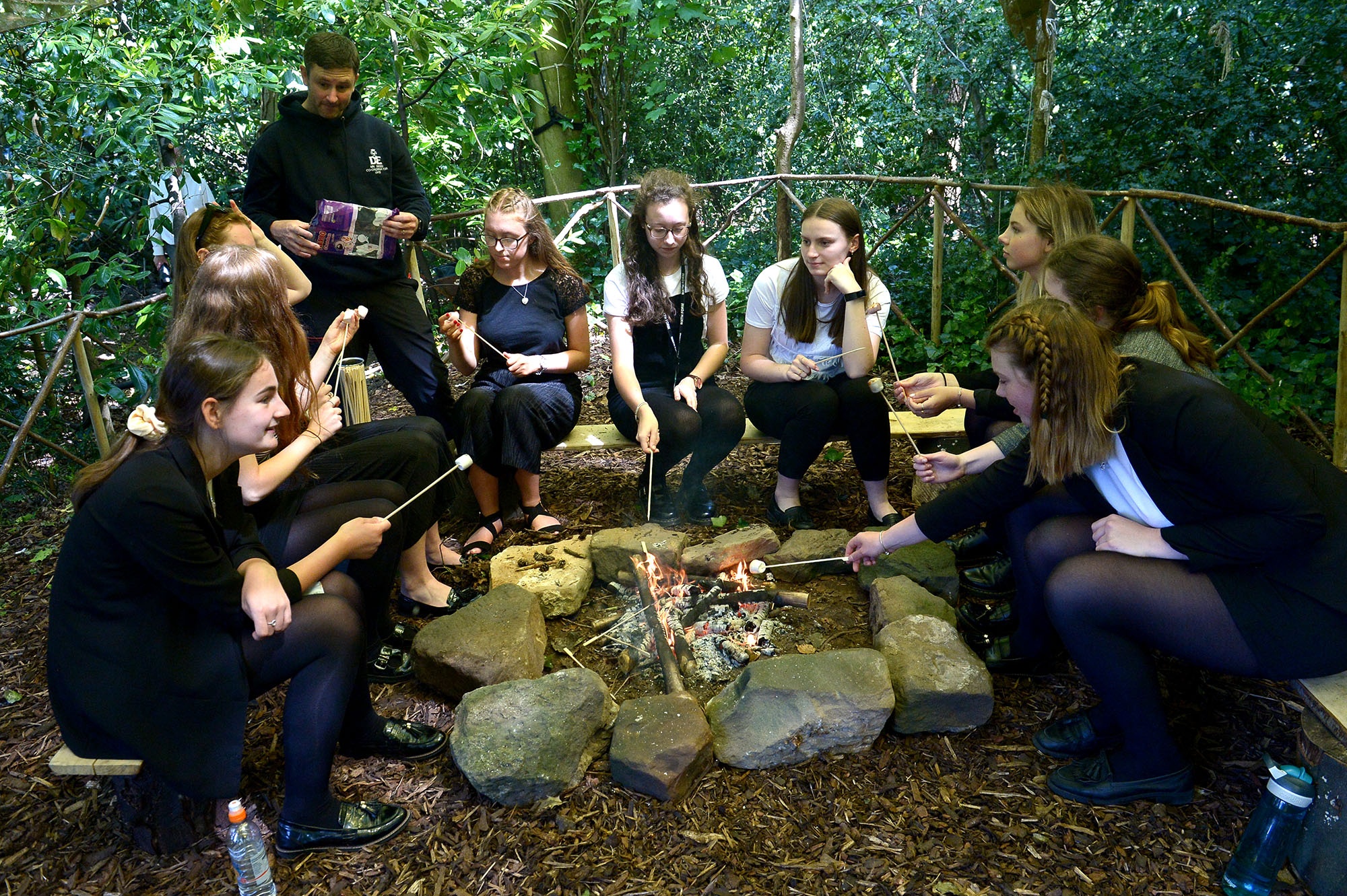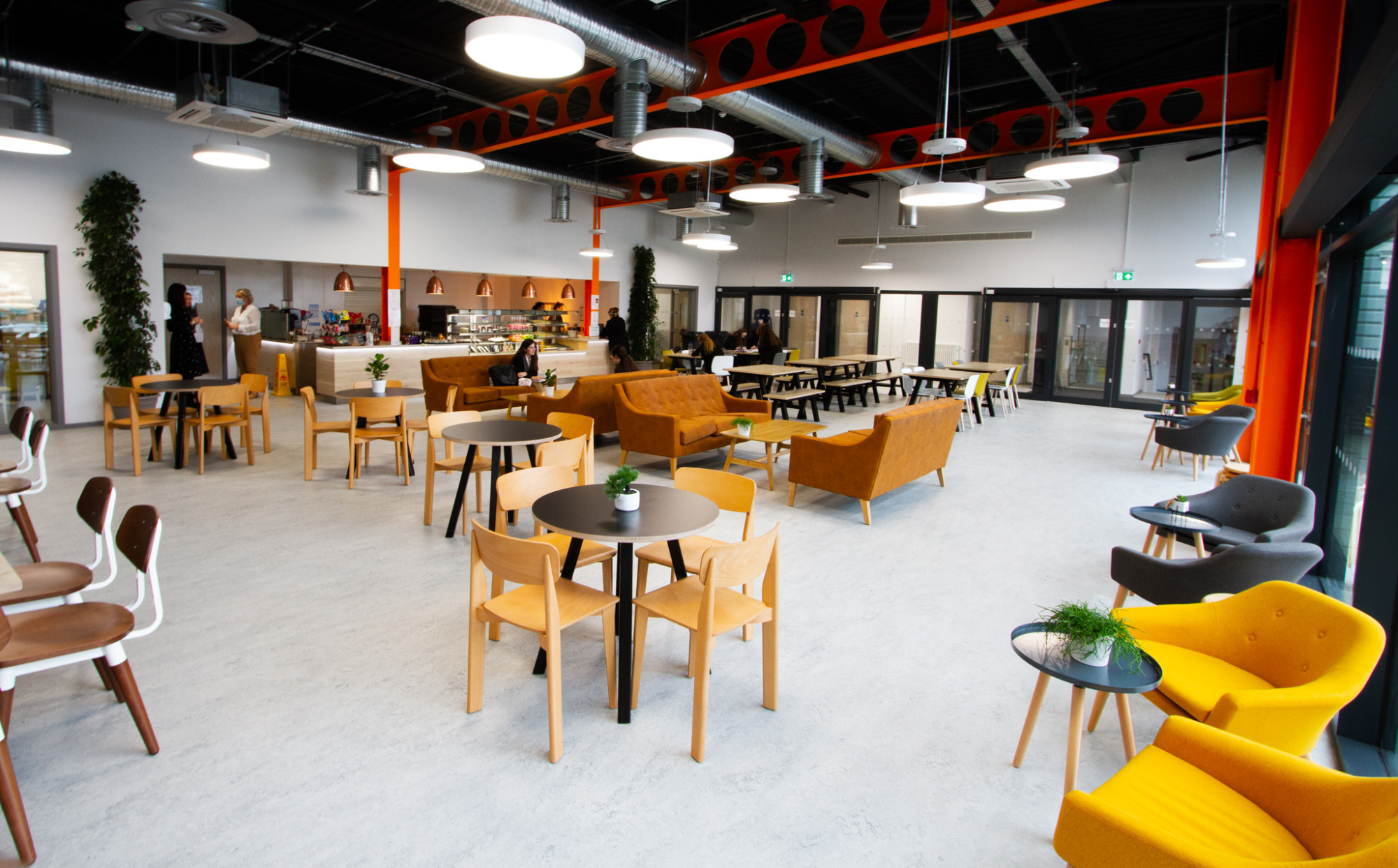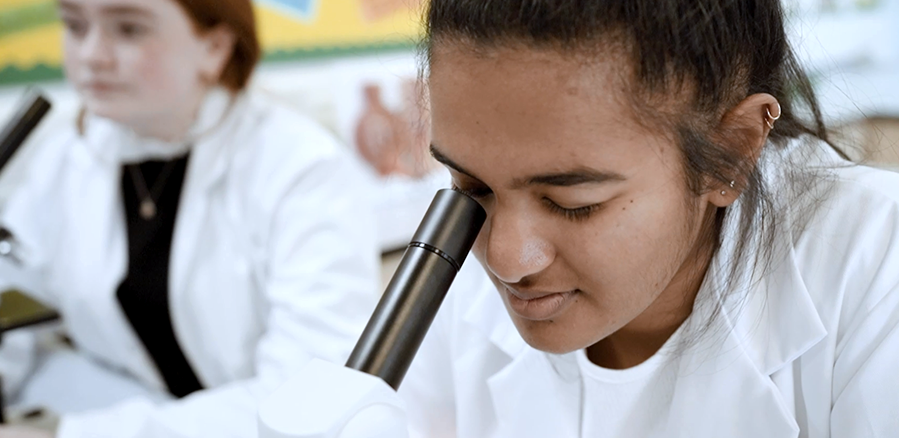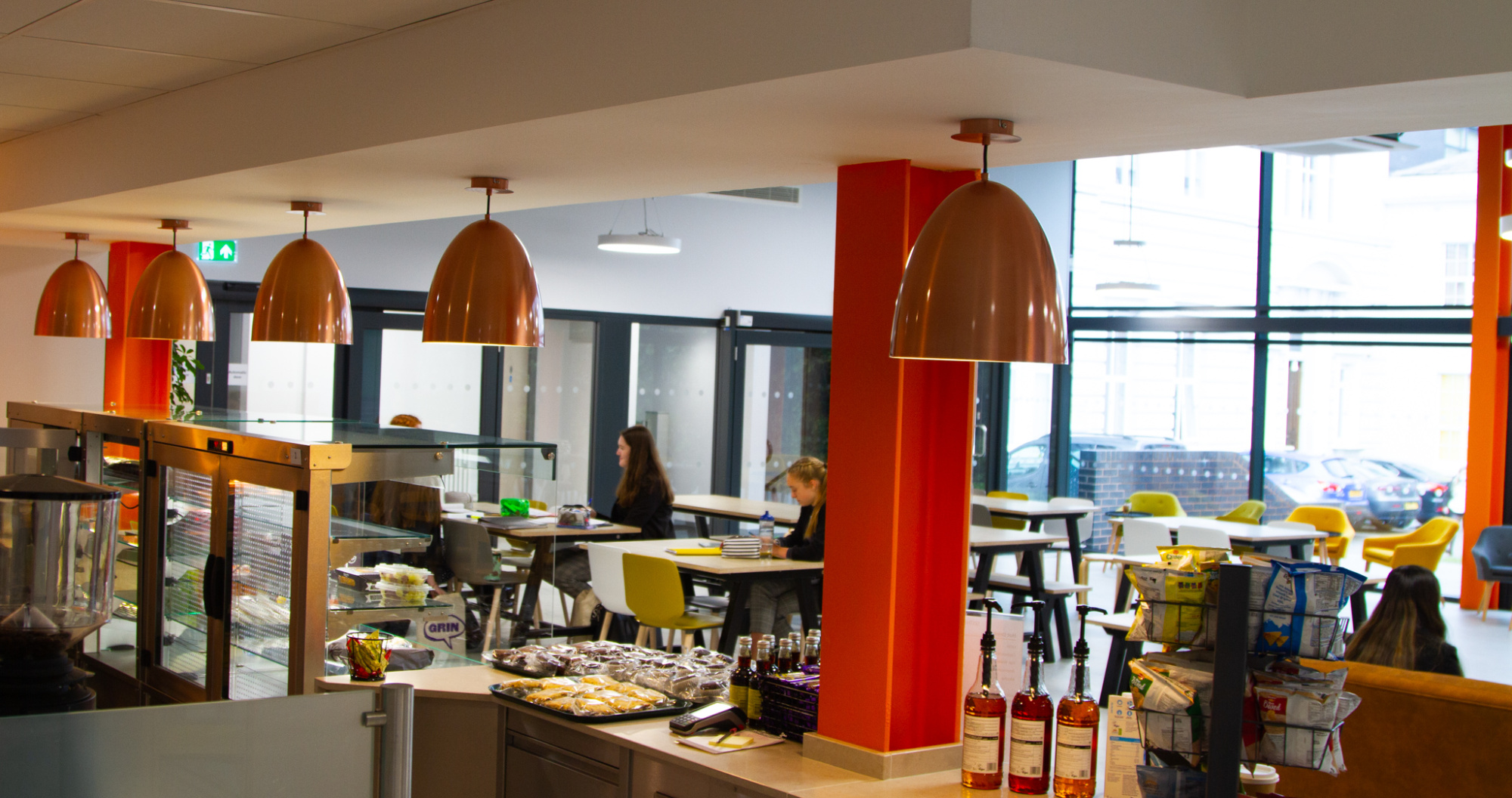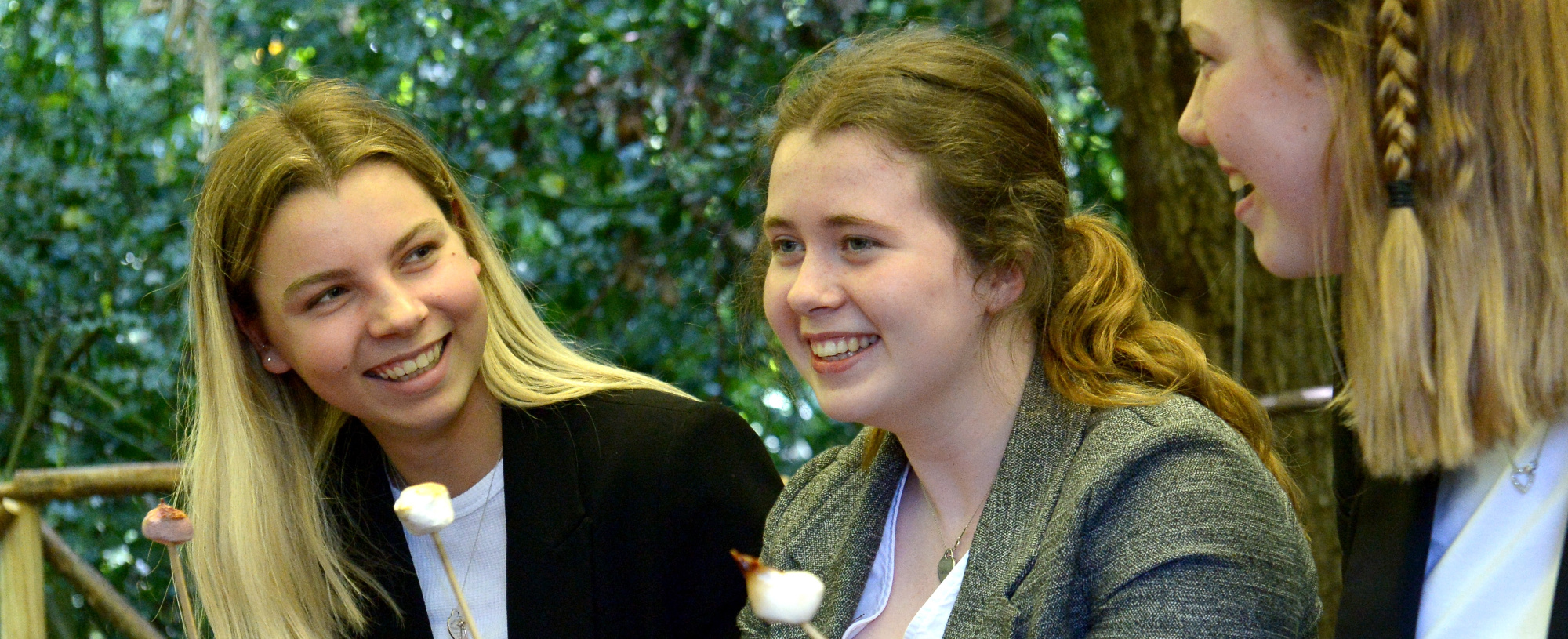English Language
Course Overview
Students of English Language will study the use of language in the world today; they will consider subjects as diverse as Language and Gender, Accent and Dialect, World English, Ethnicity, and Attitudes to Language Diversity. They will also be able to explore their creativity in an original piece of writing in Year 2. Students will learn about the linguistic principles that underpin the study of language, and they will engage with a number of non-literary texts and genres, exploring sociolinguistics and the way language works .
Entry Requirements
A minimum of Grade 6 in English Language at GCSE is required. This is an advanced and challenging course so students must be motivated both to read around the subject and to collect their own data; this could take the form of transcripts and other aural texts, and written materials from varying sources.
A Level Topics and Assessment
- Language, the individual and society
- Language diversity and change
- Non-examination assessment: A personal language investigation and a piece of original writing.
|
AQA Exam |
Paper 1: Language, the individual and society |
Paper 2: Language diversity and change |
NEA: Language in Action |
|---|---|---|---|
|
Length |
Written exam: 2 hours and 30 minutes |
Written exam: 2 hours and 30 minutes |
One language investigation (2,000 words excluding data) A piece of original writing and commentary (1500 words in total) |
|
Weighting |
40% of A-Level |
40% of A- Level |
20% of A-Level |
Beyond the Classroom and Future Prospects
Students of English Language have the opportunity to attend lectures and presentations by linguists such as David Crystal and the children’s poet, Michael Rosen (when scheduled). They will also be able to access podcasts and lectures where appropriate. We encourage students to involve themselves in extra-curricular activities, such as debating, writing competitions, and buddy schemes. Trips to the theatre are also offered.
This subject is accepted by universities as academically rigorous, and is a desirable qualification for a wide range of courses, including journalism, linguistics, English, speech therapy, psychology, publishing, public relations, advertising, politics and creative writing.
Student Experience
I really enjoyed studying English Language as it covered such a wide range of interesting topics.







